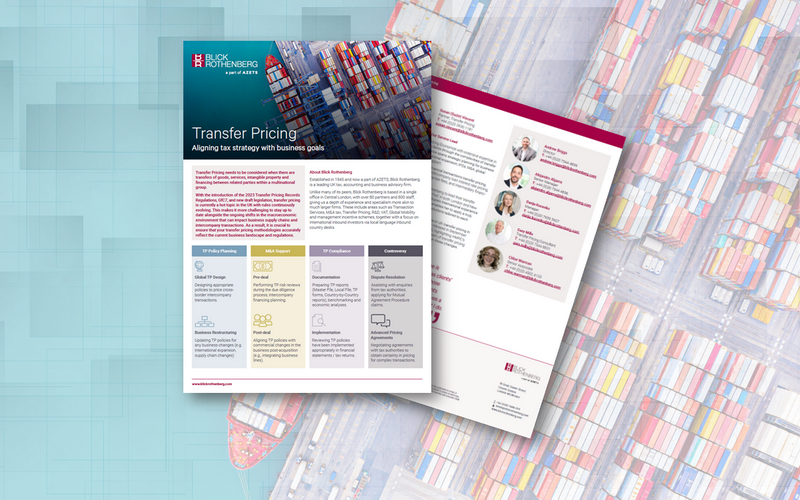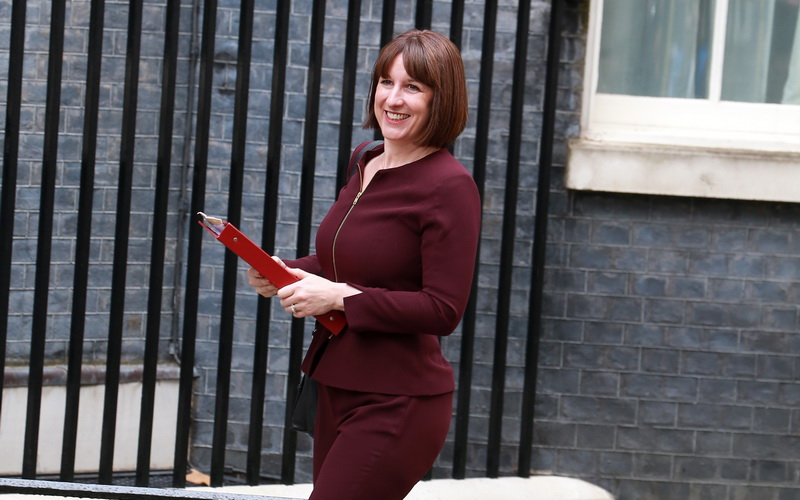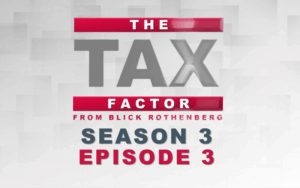
Record HMRC tax receipts still aren’t enough to address the ‘fiscal black hole
HMRCs latest tax statistics for the past 12 months may show a record-breaking tax take
25 July 2025 | Author: Tom Goddard
Total tax receipts have approached a record £878 billion, but this isn’t enough to address the ‘fiscal black hole’
HM Revenue & Customs (HMRC) has reported soaring tax receipts in recent months, but even this unprecedented haul is insufficient to bridge the deepening fiscal gap.
Tom Goddard, Senior Associate said:
HMRCs latest tax statistics for the past 12 months may show a record-breaking tax take, but changes will no doubt be announced (and indeed required) come the Autumn budget in order to address the estimated £50 billion ‘black hole’ in the country’s finances.
Breaking down the £878 billion figure, income tax accounts for approximately 35% of total receipts, highlighting its continued role as the backbone of government funding. Value Added Tax (VAT) contributes just under 20%, while National Insurance Contributions (NIC) come in slightly above 20%. Corporation tax constitutes around 10% of the annual haul. Inheritance Tax (IHT) and Stamp Duty Land Tax (SDLT), raise around £8.5 billion and £14.5 billion annually respectively.
Historic Tax Revenues, But a Growing Deficit
HMRC’s latest statistics show that gross tax and National Insurance (NIC) receipts for April to July 2025 reached £301.7 billion, representing an increase of £19.9 billion compared to the same period last year GOV.UK. However, even this growth is dwarfed by the scale of the government’s shortfall.
According to the National Institute of Economic and Social Research (NIESR), Chancellor Rachel Reeves faces a £50 billion fiscal hole, a figure that includes both the forecasted deficit and a slim margin the government typically seeks to retain
Borrowing Lower Than Expected, Yet Concerns Remain
Recent government borrowing numbers offered slight relief: in July 2025, public-sector net borrowing was just £1.1 billion, well below forecasts. From April through July, borrowing totaled £60 billion, broadly aligning with the Office for Budget Responsibility’s (OBR) projection of £59.9 billion.
Still, economists caution that deficits may escalate. Estimates vary: some put the shortfall at £20 billion or more, while others suggest it could reach £41 billion, potentially even £50 billion when including the fiscal buffer.
Tom said:
The Chancellor, Rachel Reeves, has somewhat got her hands ties based on previous manifesto pledges. As, discounting income tax, VAT, and NIC, The Chancellor can only alter the taxes which comprise 25% of the Treasury’s annual takings. One likely route therefore will be for the Chancellor to extend the freeze on income tax thresholds past April 2028. Although the Chancellor ruled this out last October, extending the freeze would raise an extra £9-10 billion per year by the end of Parliament.
Another avenue could involve revisiting the scope or rate of VAT, potentially broadening the range of goods and services subject to tax. There is also discussion around changing NIC regulations, and reformation to SDLT, Capital Gains Tax (CGT) and property taxes.
Options on the Table for the Autumn Budget
To address this fiscal gap, several revenue-raising strategies are under consideration:
Continued Freeze on Income Tax Thresholds
Freezing thresholds drags more taxpayers into higher tax brackets. While no precise figure is cited here, similar measures have previously generated billions in revenue.
VAT Increase
VAT accounts for about 17% of total UK tax revenue. A recent analysis suggests a 2.5 percentage-point rise could generate around £21 billion annually.
Capital Gains Tax (CGT)
The OBR has revised its five-year CGT revenue forecast downward by £23 billion, from £144 billion to £121 billion. This reduction compounds the pressure to raise revenue elsewhere, such as through changes in inheritance tax or extending income threshold freezes beyond 2028.
Chancellor Reeves faces a narrow margin to meet her fiscal rules amid widening deficits.
Whether through tax hikes, improved compliance, or relief reform, the Autumn Budget is poised to deliver difficult choices.
Would you like to know more?
If you would like to discuss any of the above, please speak to your usual Blick Rothenberg contact.
You may also be interested in

Transfer Pricing – Aligning tax strategy with business goals – Flyer

Lifetime ISA: Why Reform Is Overdue in the Autumn Budget













